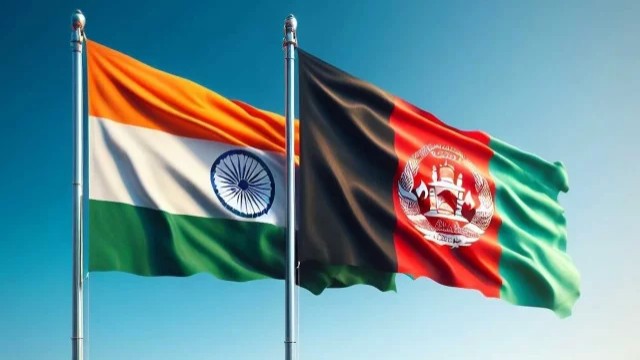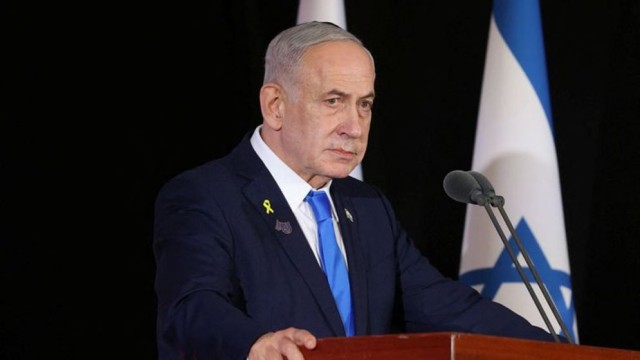In the wake of recent diplomatic developments between Afghanistan, Iran, and China, India has initiated new diplomatic efforts to engage with Kabul, despite not formally recognizing the Taliban government. The move comes as China strengthens its ties with Afghanistan and Iran, raising geopolitical concerns in the region.
Following the Taliban's takeover of Kabul two and a half years ago, Afghanistan has faced growing isolation from the international community due to the imposition of strict Sharia law and curtailment of women's rights. However, recent economic developments and infrastructure projects initiated by the Taliban have garnered attention, signaling a potential shift in Afghanistan's trajectory.
The Taliban-led government has embarked on ambitious initiatives to revitalize the country's economy, including efforts to bolster the agricultural sector and enhance trade relations. Notably, Afghanistan has entered into agreements with Iran and China, further reshaping the geopolitical landscape in the region.
China's official establishment of diplomatic relations with Afghanistan three weeks ago, coupled with its pledge to provide humanitarian aid, has prompted neighboring India to reevaluate its approach to the Afghan government. Despite not recognizing the Taliban, India has moved swiftly to engage with Kabul amid China's growing influence in the region.
In a recent development, a high-level delegation from India held talks with Taliban Foreign Minister Wakil Ahmed Muttawakil and other Afghan officials in Kabul. The discussions focused on increasing bilateral economic cooperation, trade facilitation, combating corruption, and counterterrorism efforts. The Taliban expressed appreciation for India's humanitarian aid to Afghanistan.
Of particular significance is India's interest in leveraging Iran's Chabahar port for trade with Afghanistan, utilizing Afghan soil as a transit route. The meeting between Indian diplomats and Taliban officials underscores India's strategic efforts to enhance commercial transactions and strengthen bilateral ties in the face of growing Chinese influence in the region.
While India's engagement with Afghanistan is motivated by economic and strategic interests, analysts speculate that India's proactive approach may also be driven by a desire to counter China's expanding presence in the region. As India and Afghanistan deepen their diplomatic engagement, the geopolitical dynamics of South Asia continue to evolve, with implications for regional stability and security.

























Comment: